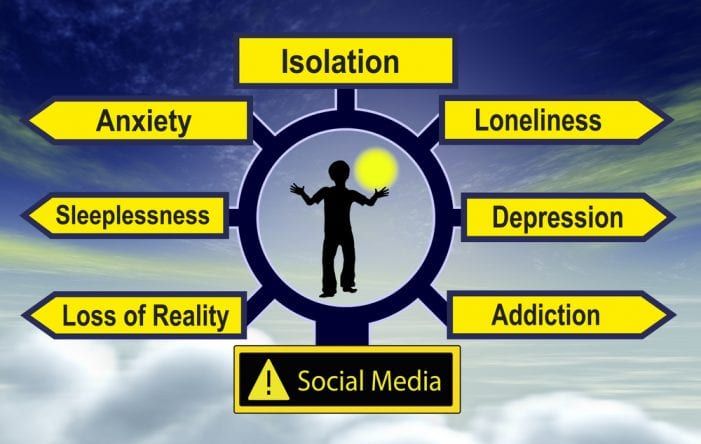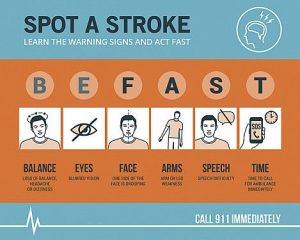
In today’s digital age, social media has become an integral part of our daily lives. From scrolling through Instagram feeds to liking posts on Facebook, we are constantly connected to the online world. While social media can have numerous benefits such as keeping us connected to friends and family, it also has a dark side that can impact our mental health.
The Comparison Trap
One of the most significant ways that social media affects our mental health is through the comparison trap. When we scroll through our feeds and see the perfectly curated lives of others, it’s easy to fall into the trap of comparing ourselves to them. This can lead to feelings of inadequacy, jealousy, and low self-esteem.
Unrealistic Expectations
Social media often portrays a distorted version of reality, where people only showcase their highlight reels. This can create unrealistic expectations of what our lives should look like, leading to feelings of disappointment and dissatisfaction with our own lives.
FOMO (Fear of Missing Out)
Constantly being bombarded with updates about what our friends are doing can trigger a fear of missing out (FOMO). This fear can lead to anxiety and a compulsive need to always be connected to social media to ensure we don’t miss out on anything.
Cyberbullying
Another significant downside of social media is cyberbullying. With the anonymity that the internet provides, people are more likely to engage in harmful behavior online. Cyberbullying can have serious consequences on our mental health, leading to feelings of depression, anxiety, and isolation.
Impact on Sleep
Excessive use of social media, especially before bedtime, can negatively impact our sleep patterns. The blue light emitted from screens can disrupt our circadian rhythm, making it harder to fall asleep. Poor sleep can have a detrimental effect on our mental health, leading to mood swings, irritability, and decreased cognitive function.
Reducing Social Media’s Negative Impact
While social media can have a negative impact on our mental health, there are steps we can take to mitigate its effects. Here are some tips:
Limit your time on social media and set boundaries for yourself.
Be mindful of the content you consume and unfollow accounts that make you feel bad about yourself.
Take regular breaks from social media and engage in activities that promote mental well-being.
Seek support from friends, family, or a mental health professional if you’re struggling with the negative effects of social media.
By being aware of how social media affects our mental health and taking proactive steps to protect ourselves, we can enjoy the benefits of being connected online without sacrificing our well-being.
Conclusion
Social media has become a ubiquitous part of our lives, but it’s essential to recognize its potential impact on our mental health. By understanding the comparison trap, unrealistic expectations, FOMO, cyberbullying, and sleep disruptions associated with excessive social media use, we can take steps to safeguard our mental well-being. By setting boundaries, being mindful of the content we consume, and seeking support when needed, we can enjoy the benefits of social media without sacrificing our mental health.
Remember, it’s okay to take a step back from social media and prioritize your mental well-being. Your mental health is essential, and it’s crucial to prioritize self-care in the digital age.
Stay connected, but also stay mindful of how social media affects your mental health. Balance is key.

